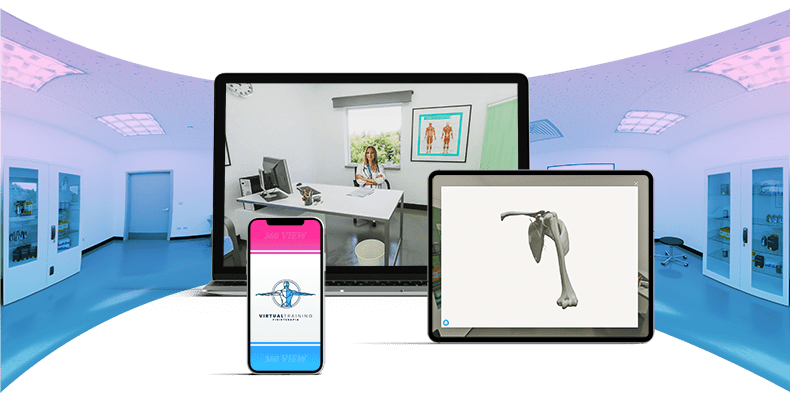Several scientific studies have shown that among the various therapeutic programmes, virtual reality is a highly specialised and effective tool for preventing and treating psychopathological symptoms of stress and anxiety.
Exposed right from the start during the COVID-19 emergency, healthcare workers, in addition to running the real risk of falling ill, were the ones who suffered the most from psychological problems related to stress and anxiety.
MIND- VR PROJECT
To help this professional category, the Mind – VR project was set up by a team of researchers from the Bicocca University in Milan and the Carlo Besta neurological institute in Milan. Its aim is to offer an advanced solution based on the use of virtual reality to help doctors and nurses prevent and overcome anxiety disorders, and in particular post-traumatic stress disorder.
Virtual contents can help individuals acquire useful knowledge for managing anxiety and stress, such as the causes and effects of these conditions. Furthermore, through virtual simulations, individuals can be exposed to emotionally engaging scenarios within a controlled and safe environment.
Wearing a Meta Quest 2 visor, the user is projected onto a deserted island with palm trees, the sound of the sea, and led along a specially constructed interactive pathway to foster an understanding of the fundamental characteristics of stress and anxiety.

Referring to the principles of cognitive-behavioral therapy, the experience offers the user elements to get to know these conditions in depth and provide him/her with the first tools to manage them.
The “Mind-VR” contents were realised through a user-centered design process, involving healthcare professionals from the early stages of conception and development, and according to a research-based approach.
The contents were then made available free of charge on specific sharing platforms, to be used by mental health experts who will also use manuals for content utilisation differentiated according to the target group of patients involved.

The Mind-Vr team noticed the relaxing benefit of the experience for the user. Indeed, the psycho-educational experience led almost all 50 doctors and nurses involved in the test to feel less stressed and anxious.
In particular, it was shown that visually presenting a relaxing virtual scenario makes it easier for patients to practice and master relaxation techniques, making the experience more vivid and real than many people can create through photographic stimuli, video, or using their own imagination and memory.
Mental health remains a topic that is difficult to discuss openly. This social limitation is also due to the lack of knowledge about disorders that leads a lot of people to deny symptoms, underestimate what the disorders are, and not seek help from a psychologist for fear of being singled out, preferring to use the more anonymous drug therapy.
AR Market strongly believes in the potential of Virtual Reality technology as a tool to support and solve psychological disorders.
We are constantly working to formulate exciting new opportunities for different businesses, visit our website!




